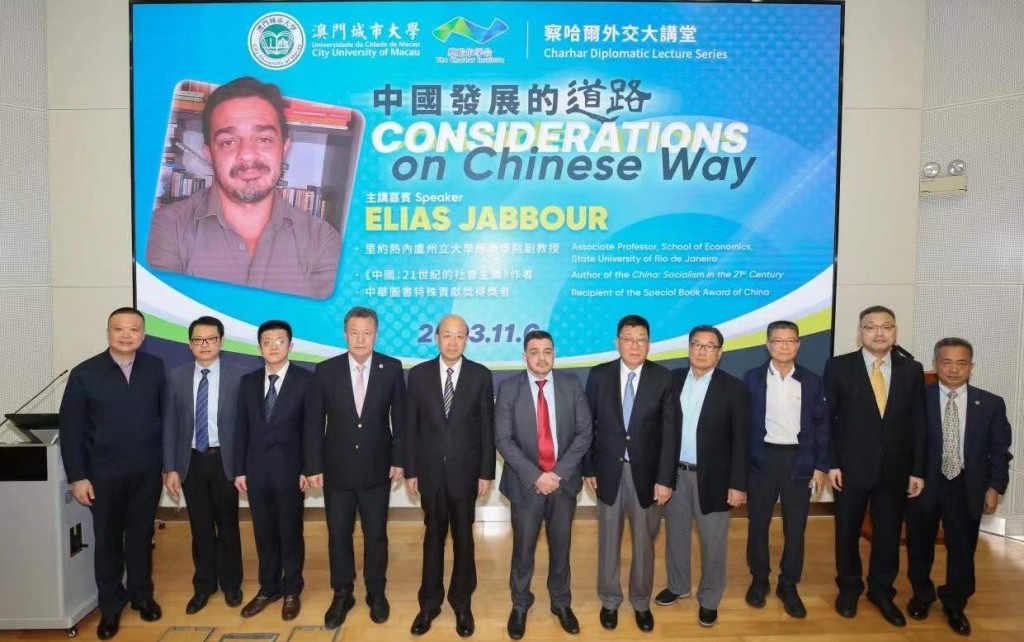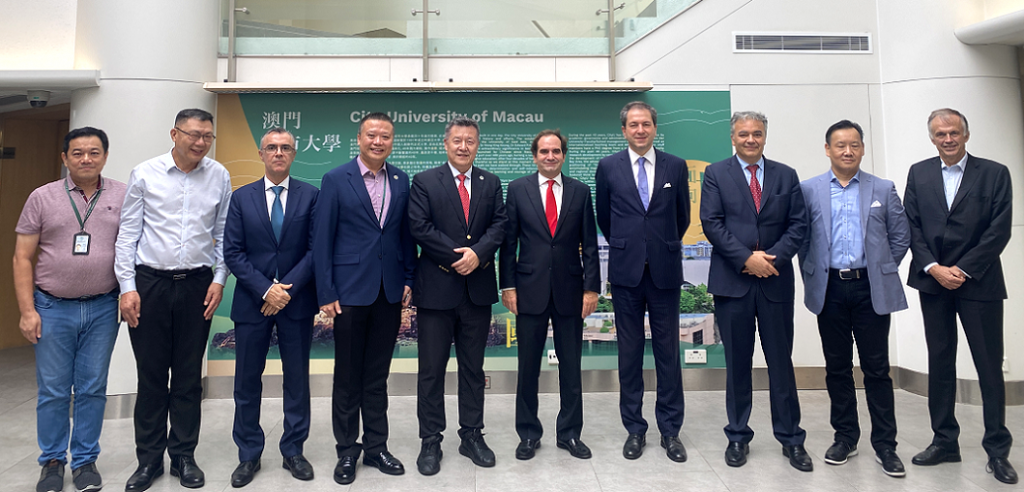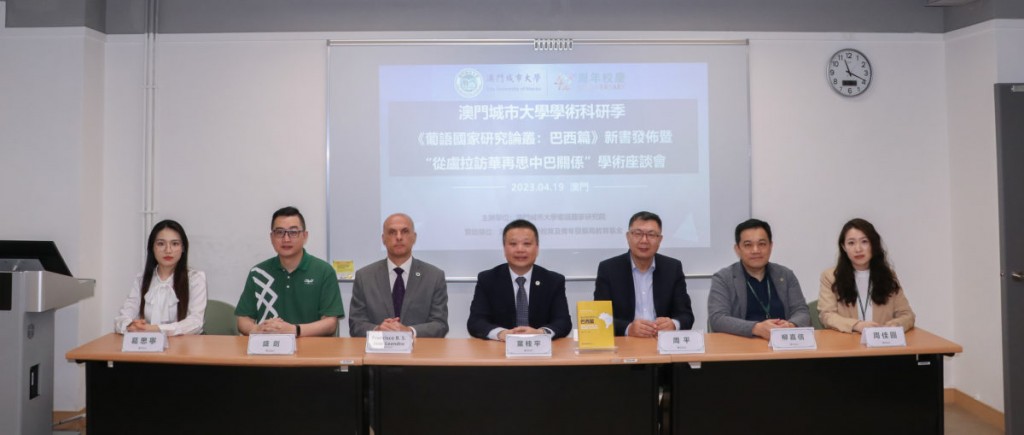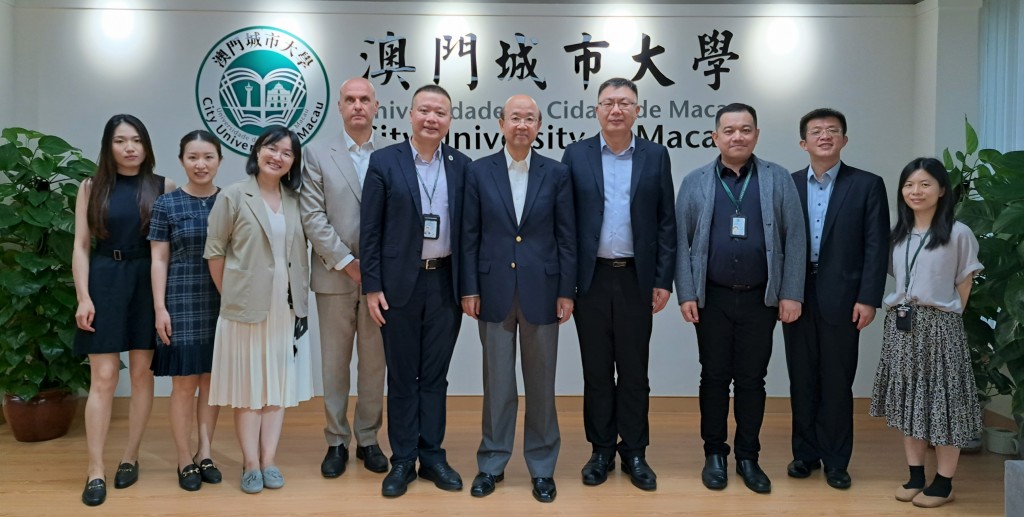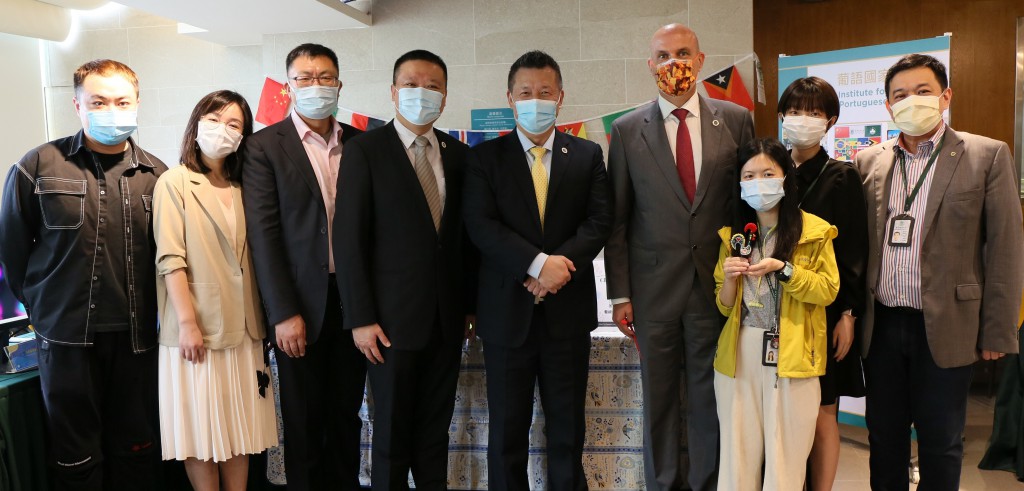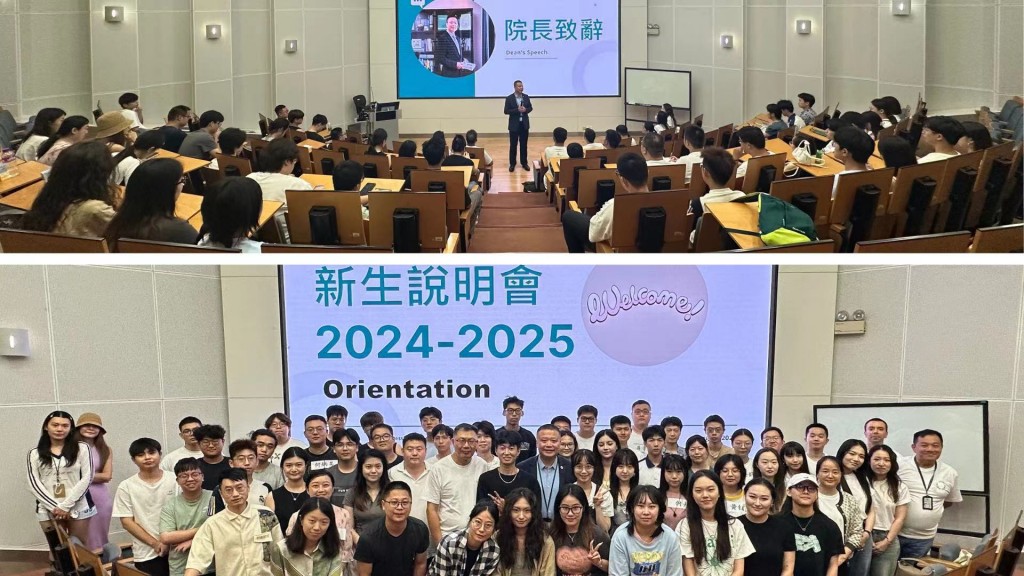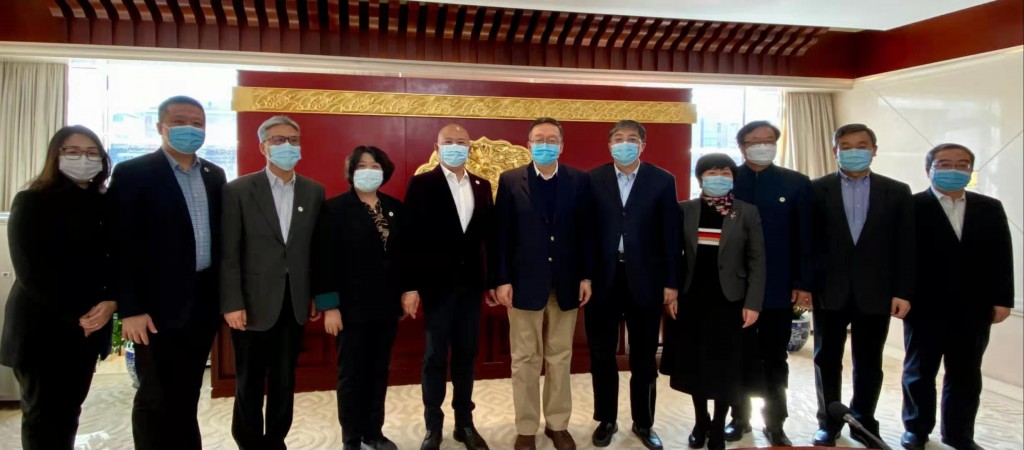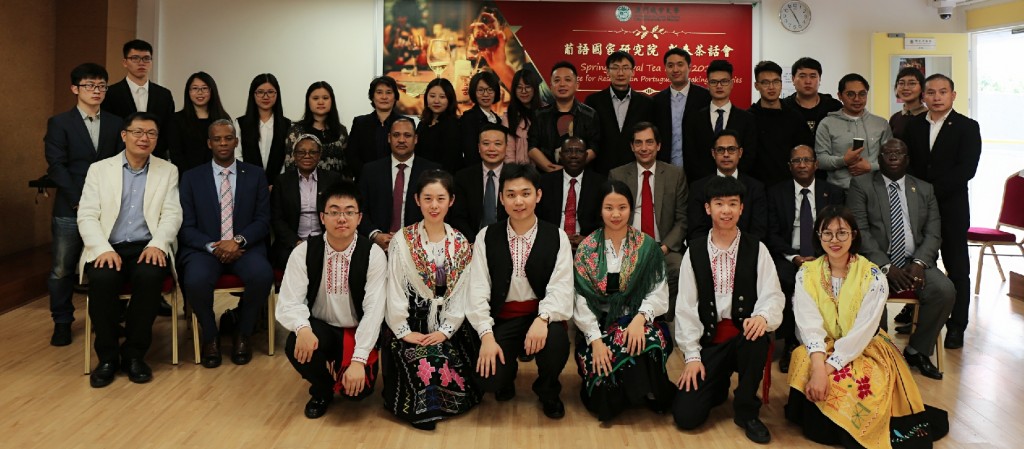Recently, Macao Belt and Road Initiative "Research Center Director Zhou Ping accepted the" special interview opportunity City 2018 "," city of opportunity "by Chinese Development Research Foundation released China forum in cooperation with PWC on the development of the high-rise city series research report, beginning in 2014, has been released five. The contents of the interview on city development issues, talk about the development of regional cooperation in The Belt and Road "and the Portuguese speaking countries economic platform perspective, giving people the inspiration. The contents of the interview are as follows:
.png)
The construction of the Guangdong-Hong kong-Macau Greater Bay Area has been upgraded to a national development strategy, and due to its pivotal importance, will have a significant influence on the Belt and Road Initiative.
I. Southeast Asian countries along the Belt and Road will be encouraged to participate in the development by focusing on node cities. Macau is well placed as a node city of both the Silk Road and Maritime Silk Road and enjoys natural relations with Southeast Asian countries both historically and via the flow of people. Consequently, amid the organic interaction between the construction of the Bay Area and the Belt and Road Initiative, Macau will not only contribute to the dual projects, but also facilitate Southeast Asina countries in contributing to the development.
II. The cooperation platform between China and Portuguese-speaking countries(PSCs) will be utilized to support PSCs with a convenient means to participate in the development of the Belt and Road Initiative. Many PSCs are keen to take part in the construction, though due to geographical restrictions it can be difficult for them to get involved. Macau, which plays a vital role in building the Bay Area and developing the Belt and Road Initiative, also serves as a platform that provides business cooperation services for China and PSCs. As a result, enterprises from PSCs expect to develop their businesses in and seek mutual opportunities with Macau. The involvement of Macau in the Belt and Road Initiative could lead to new opportunities for its own development as well as for companies from PSCs located there. Further, more enterprises and institutions from PSCs will be attracted to Macau, thereby promoting the construction of the Bay Area.
III. Developing countries will be relied on to share benefits stemming from late-mover advantages. Macau shares close relations with countries from ASEAN and Africa, as well as PSCs, many of which have relatively smaller economies. However, the rich resources, political stability and low labour costs of these coutries can contribute to their continued development and advancement. With the right direction, and support from advanced science and technology, these economies will reap gains from their having later-mover advantages, which will be unmatched by their developed counterparts.
IV. Macau’s engagement in the construction of the Bay Area will benefit “Policy Communication”. Owing to the different social systems and legal regimes of Guangdong, Hong Kong, and Macau, there is a need to create new rules on an equal, mutually-beneficial, and practical basis premised on in-depth discussion and research at the policy and legal level. The emerging rules will serve as a common code for the three parties and a reference for the implementation of “Policy Communication” as part of the Belt and Road Initiative. This will also serve as a common regulation for countries, developing countries in particular, to seek mutually beneficial and win-win results and shared growth by equal consultation in the process of building the Belt and Road. Furthermore, relevant experience is likely to be gained in helping developing countries eliminate the hegemonism and monopolism that developed countries have in dealing with international affairs, in addition to formulating establishing international principles that align with their common interest. In doing so, they will be laying a solid foundation play a more active role in international affairs.


